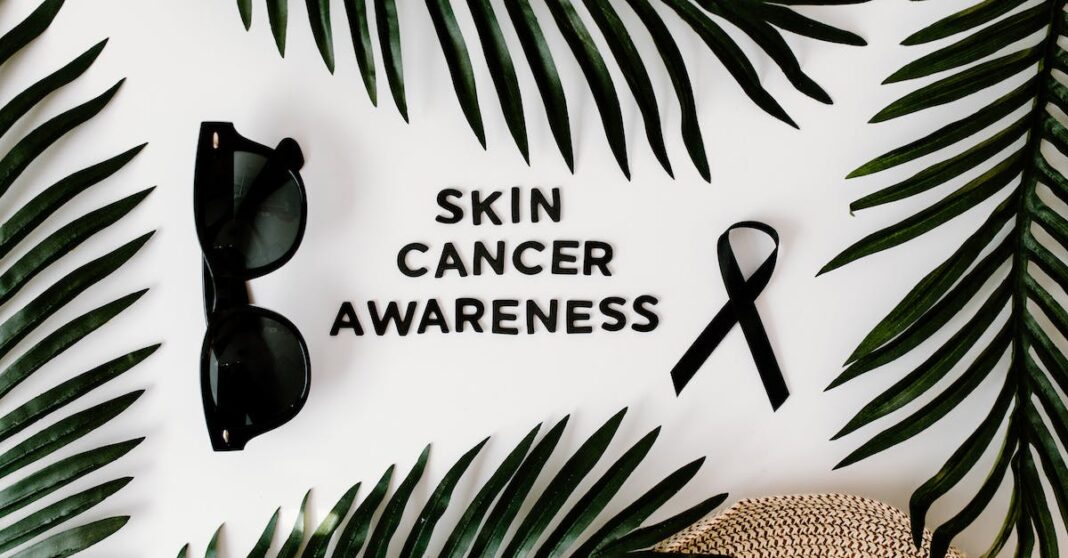There are 4 stages of ovarian cancer. In stage I the cancer is confined to one or both ovaries. In stage II it has spread outside of the ovaries to the uterus or fallopian tubes. In Stage III the cancer has spread outside of the pelvic area but still within the abdomen. Stage IV means the cancer has started to spread throughout the body.
You can significantly reduce your risk of cancer with a healthy diet full of antioxidants, which help protect cells from damage that can lead to cancerous changes. Eat a diet rich in green, leafy vegetables, tomatoes, broccoli and blueberries as well as hundreds of other antioxidant-rich foods.
In order to beat cancer it is important for you to stay strong and to never give up on yourself. You have to be willing to put up a fight against the cancer and not just let it win. Fighting to beat cancer means that you are emotionally strong and believe you will beat it.
Immediately after your cancer diagnosis, begin investigating insurance options. Look into whether or not your state gives assistance to people suffering from cancer. You may also want to research The Family and Medical Leave Act and the Americans With Disabilities Act; it is important to make sure you are covered during this time.
Working to reduce your exposure to radiation is one of the best ways you can prevent cancer. Now, the jury’s still out on whether or not cell-phone usage puts you at a higher risk of things like brain tumors, but there is a direct link between cancer and radiation. So do what you can to avoid radiation.
Make sure you read whatever literature you can on the subject, if you or someone you know, has cancer. Confidence is instrumental in the fight.
Many, many people have gone through cancer, even as survivors themselves or through someone they love. So you can find plenty of moral support via live groups, online chat rooms and forums, and other areas. You can even start a group and speak with people who are going through the same thing you are.
If you are depressed, your immune system will be weakened, and you may not be able to fight your illness as successfully. They might even give up on life totally.
The one big benefit from having survived cancer is that you now know what the signs and symptoms of the disease are, so make sure you’re fully aware of any changes in your life so that you can catch it in time. If you have any symptoms of the cancer returning rush to get help while you are still able.
Certain types of fungus you eat can actually help you to prevent cancer, like the Maitake mushroom. According to research conducted by Dr. Well, a famous cancer physician and researcher, extract of the Maitake mushroom completely eliminated tumors in over 40% of all animals tested and shrunk tumor size in the other 60%.
Try limiting fat in your diet. By decreasing the amount of fat, you will lower your cancer risk. Avoid frying, especially deep frying. There are alternatives to frying such as baking, roasting, broiling, and steaming. Try to buy the low or non fat versions of your favorite foods, like milk and yogurt.
There are a host of services you can contact in order to receive help with day-to-day tasks as you fight your cancer. You can contact local churches and charities or find some type of local government assistance. You will find people who will help you by cleaning your home and handing other things if you don’t have anyone to lean on.
Be sure to get plenty of rest if you are a cancer patient. Your body needs all of the energy that it can get. So, it is okay to give in to the fatigue that you are feeling. If you are having a hard time sleeping, talk to your doctor.
If you are a cancer patient who enjoys getting facials, be sure to tell your aesthetician that you are receiving treatments. Although gentle exfoliant are okay for treating the dry skin that chemotherapy may cause, other ingredients in a facial, such as acidic products and peeling ingredients, may not be safe.
Your body and mind are going to react to the many treatments that you are going to go through. You need to stay on top of how you are processing things in your mind so that if things are slipping, you can let your caregiver know as soon as possible.
Stage I is the best case scenario. The cancer is still confined to the ovaries, making surgery alone a more successful option. When it goes into stage II, a hysterectomy is often necessary to make sure all of the cancer was removed. Stages III and IV are more likely to require chemotherapy.

